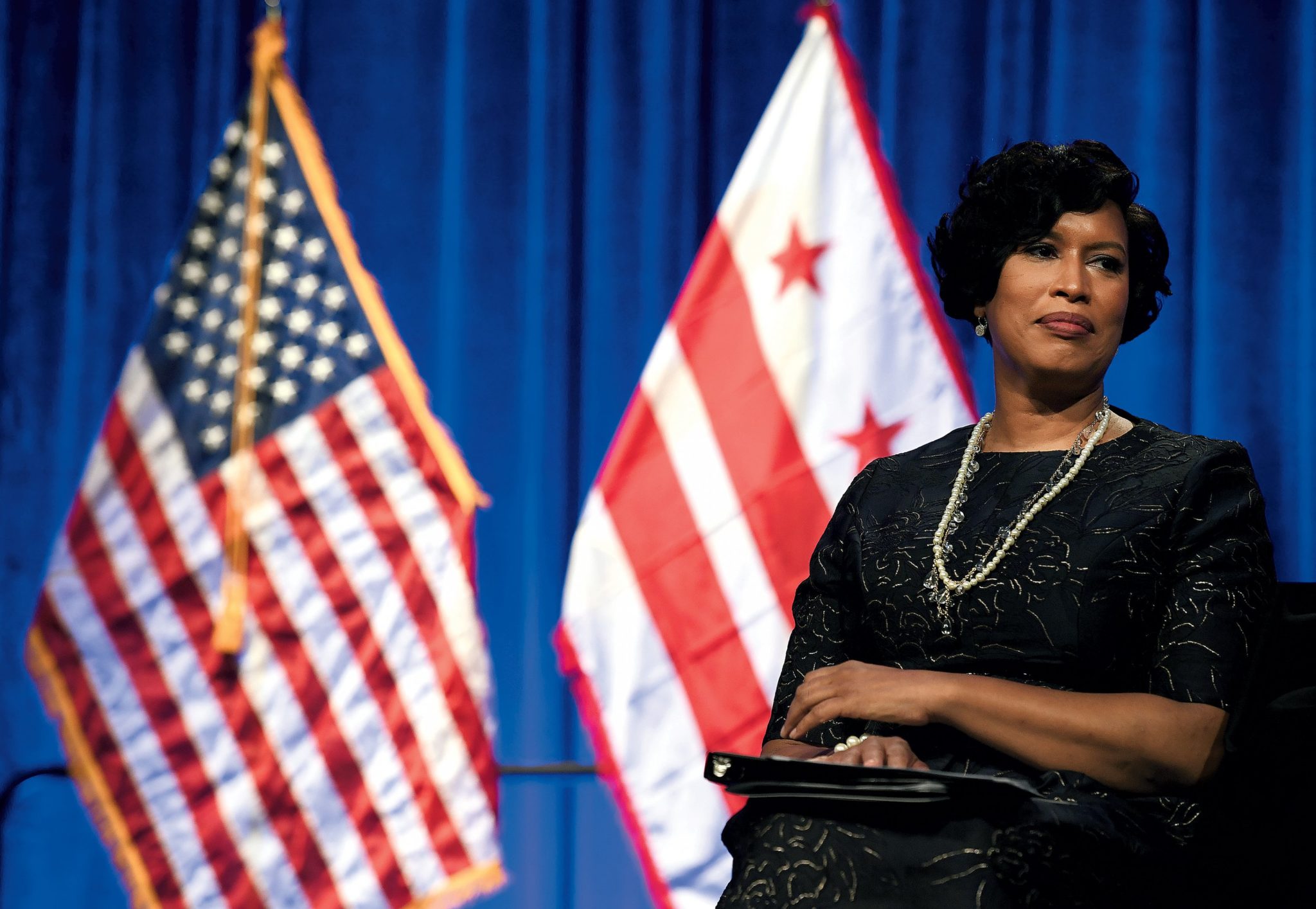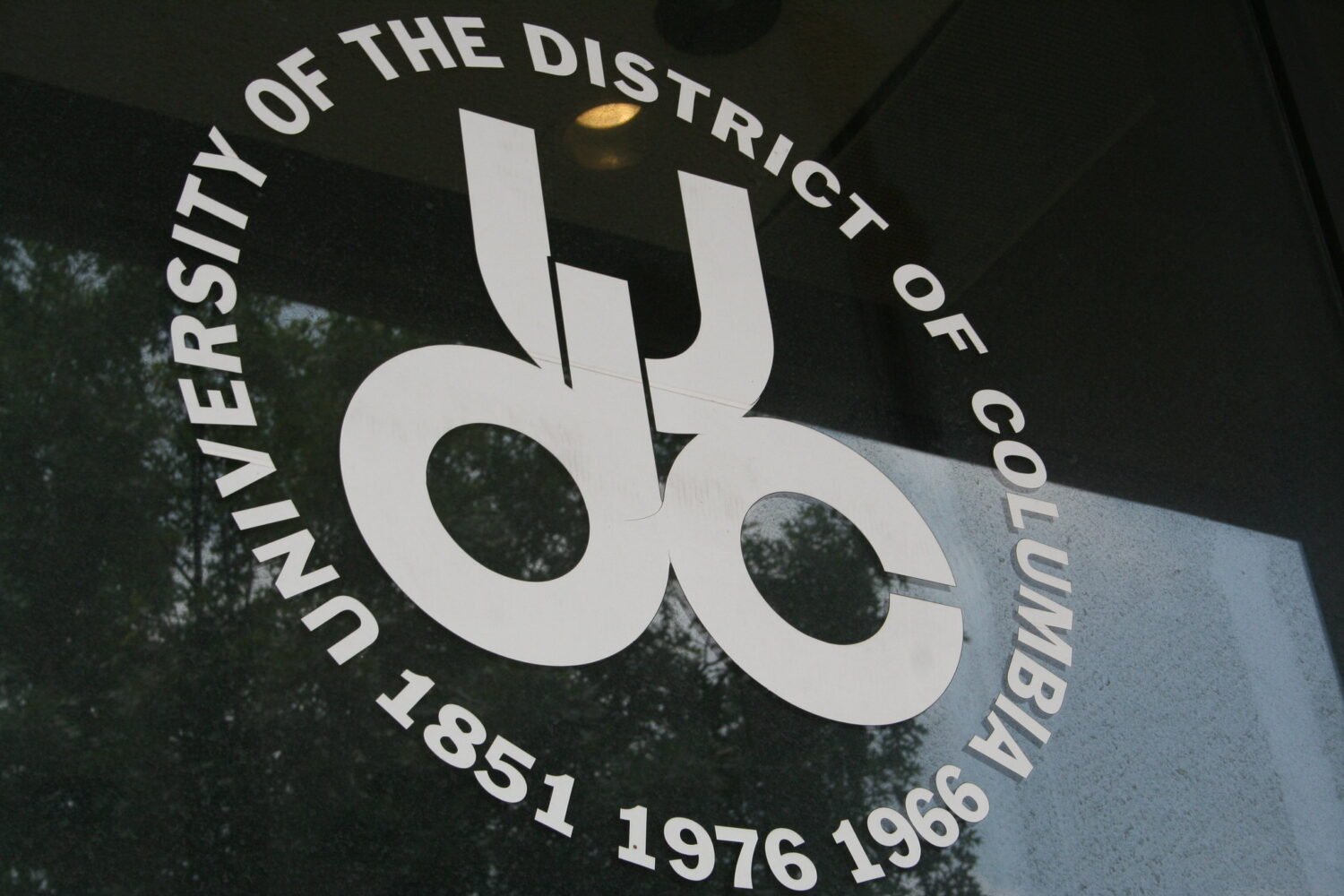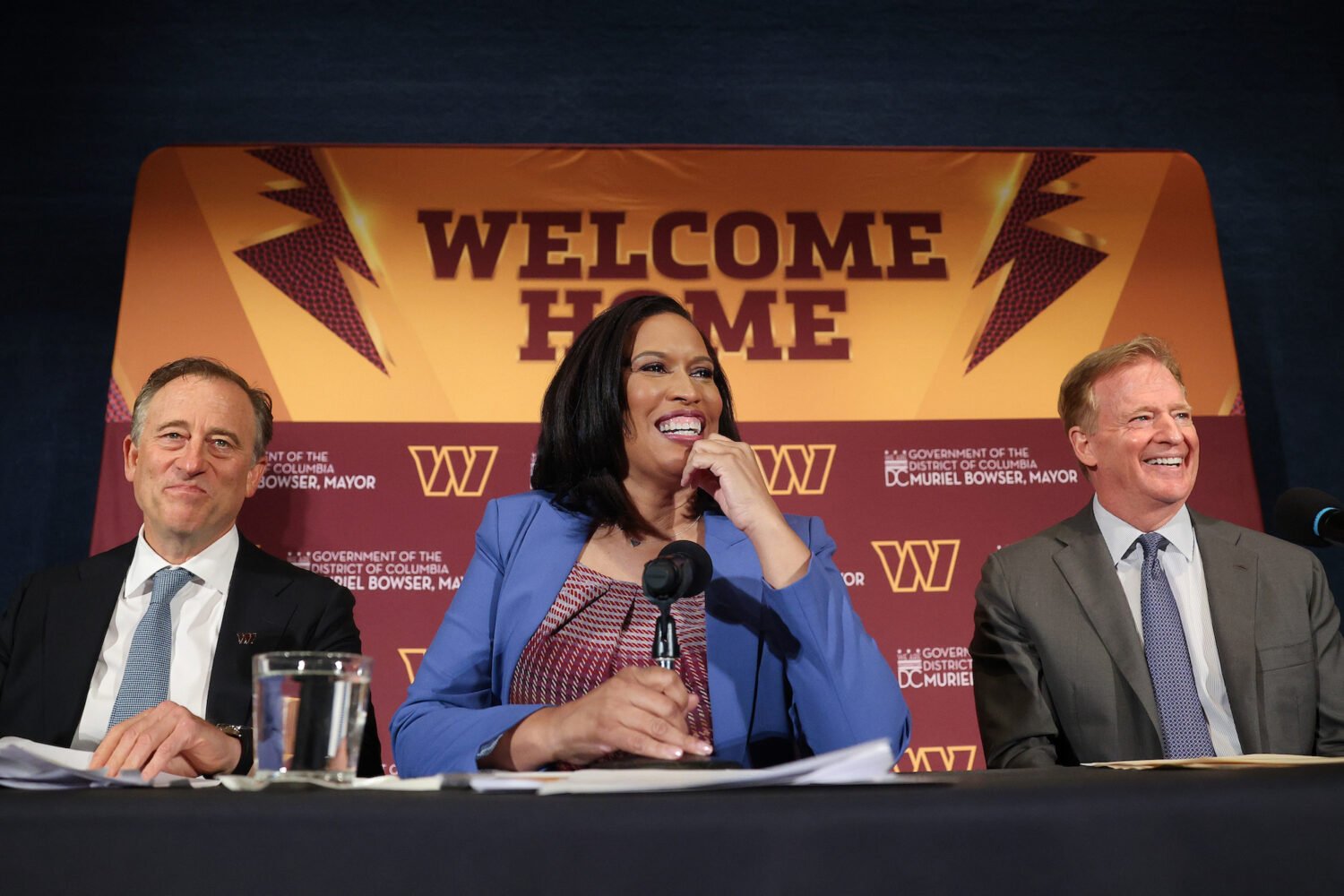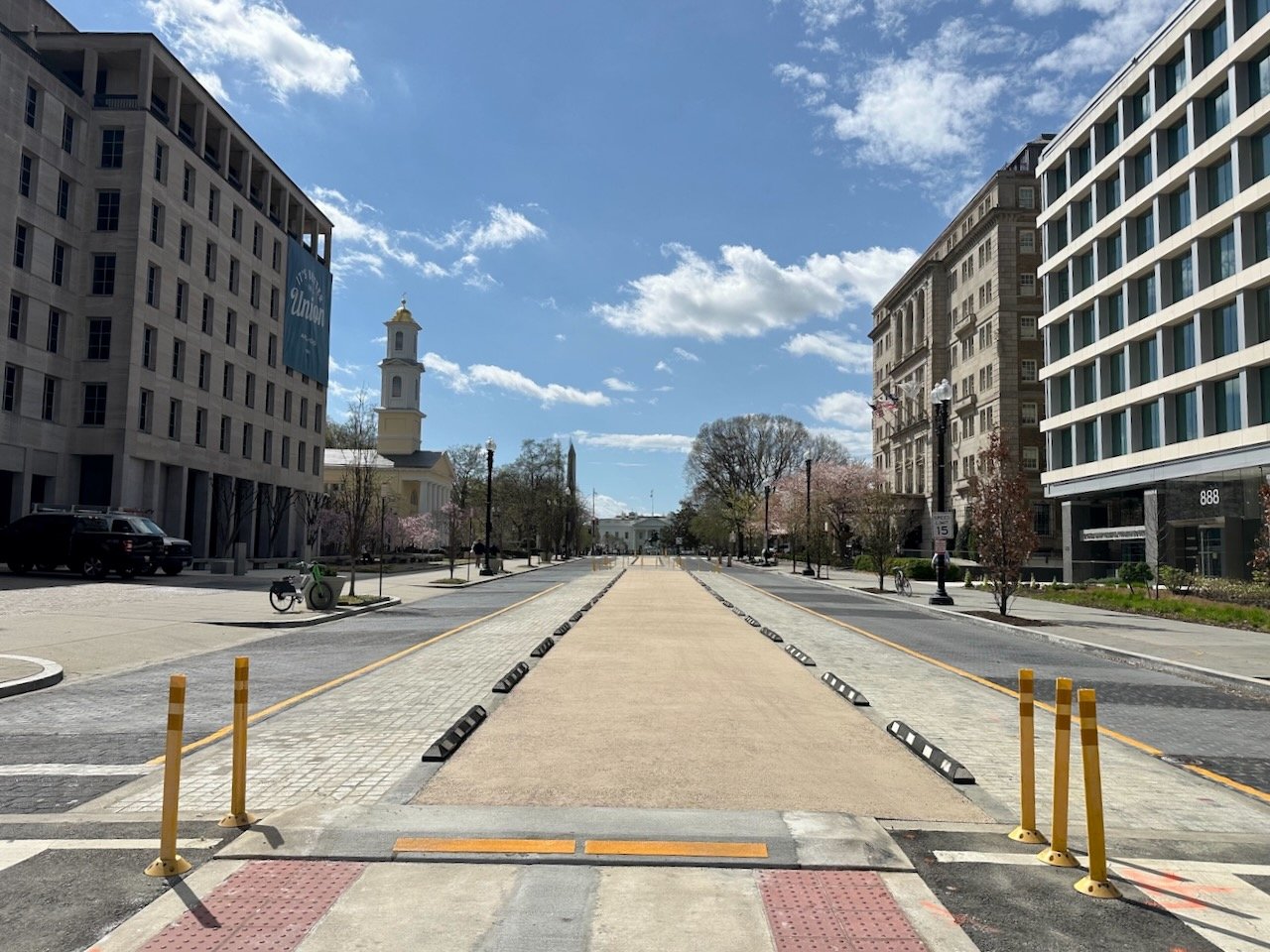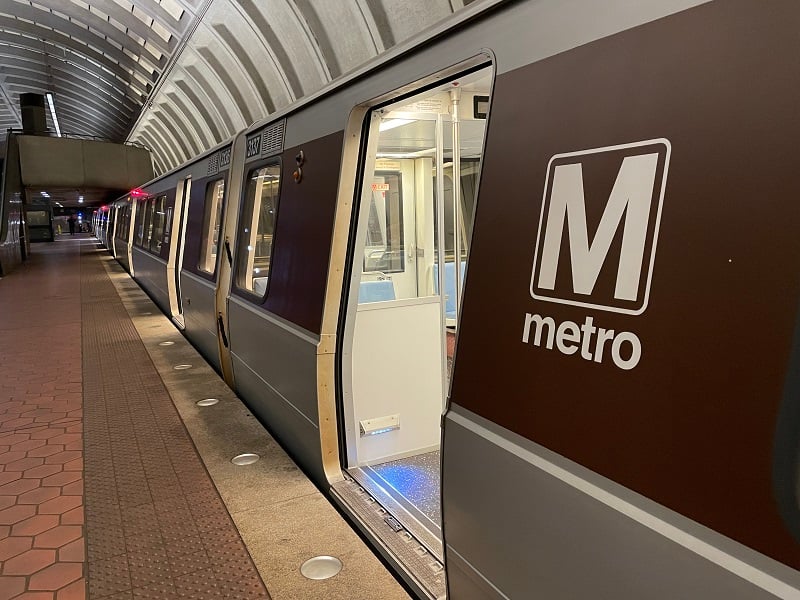A year out, the list of possible 2020 presidential candidates appears to be roughly the size of an NFL roster—long-snappers, backup punters, and other not-destined-for-sneaker-sponsorship players included. And while its gender and ethnic diversity gets lots of attention, the cast also includes three potential candidates from another once-marginalized category: mayors.
The very fact that a non-insane mayor could imagine running for President highlights a remarkable change. A generation ago, urban America’s (not entirely fair) reputation was as a shrinking, crime-infested archipelago of misfortune. Today, its (also highly incomplete) image is as a land of creative-class transformation, a tolerant place that out-competes hidebound hinterlands via innovation and wonky governance. It’s easy to imagine a stump speech that spins the turnaround into an inspiring vision of our national future.
Which raises another improbable scenario: If Los Angeles’s Eric Garcetti, New Orleans’s Mitch Landrieu, and even South Bend, Indiana, mayor Pete Buttigieg can find themselves among the mentioned, what about our very own Muriel Bowser?
Bowser, after all, leads a city with a robust economy, an effective municipal government, and a general sense of social harmony. DC’s comeback story may not involve Hurricane Katrina, but it does include overcoming notoriously dysfunctional bureaucracy and ghastly levels of violence. Our population rebound would amaze the shrinking small towns of Trump country: In Bowser’s first term, the District added more than 43,000 residents—meaning she answers to more constituents (702,000) than Vermont senator Bernie Sanders and serves a population not much smaller than that of Montana, where Governor Steve Bullock also gets talked about as a candidate.
Of course, there are plenty of reasons, unrelated to job title, why the idea of President Bowser remains implausible—starting with her lack of expressed interest in the job. Even fans don’t credit her for a civic revival that began two mayors ago. Actual foes might highlight recent mini-scandals and a troubling spike in murders.
Still, the thought experiment is worth pursuing for another reason: It gets at the awkward question of just how Washingtonians fit into our country’s imagination. Does a kid from Hillcrest have the same right to represent the nation as a Clarendon native? Does the rest of the country consider us less American because we don’t have a state of our own?
On the local level, it’s safe to say the District suffers from its lack of upward political opportunities. In cities where mayors ascend to fancier jobs, talented people are more likely to enter local politics. Take Newark, whose Cory Booker won a US Senate seat and is now labeled a potential President. Or Denver, where John Hickenlooper became governor of Colorado before emerging—you guessed it—as yet another 2020 possibility.
But not having a path from the Wilson Building to higher office might just be bad for America, too. Consider the challenges Bowser faces as she starts her second term: yawning income inequality, soaring housing costs, still-troubled schools, anxieties about technology’s effect on the workforce, concern about infrastructure—not to mention more cosmic questions about whether middle-class families can survive and whether, in an unequal age, social peace can hold. In other words, unlike the bad old days, the concerns of hometown DC align with those of the 50 actual states. A mayor who can offer solutions to those issues would really have something to offer the entire country.
This article appears in the February 2019 issue of Washingtonian.

